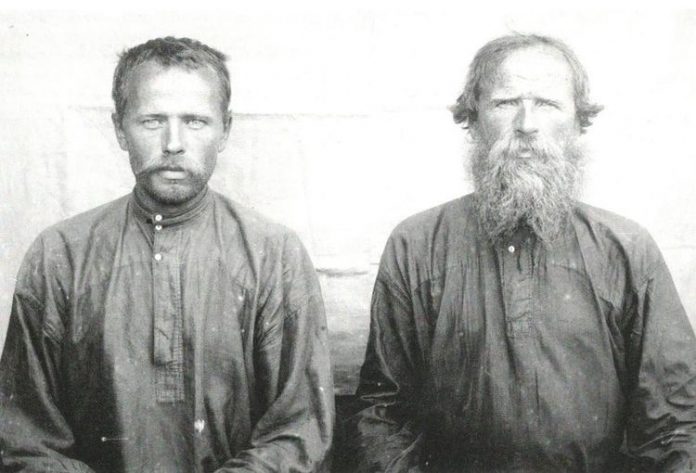
Another 29/02/20 Why the Russian first name-patronymic
in our country don’t really like it when you call them by name. Regardless of where you heard such an appeal, it is considered that thus the source familiarized or expresses towards you scorn.
His name we hear in early childhood. If not kindergarten, then certainly from school. “What we have today goes to the Board?” says the teacher, finger on the magazine. Every schoolboy remembers the painful moments, hopelessly anticipating that today will cause it. “Petrov” is like the sentence finally spread over the class.
Not only during class, but often in an informal setting, the teachers continue to call students by name, in rare cases, adding to her name. Formal and cold tone of voice teachers, pronouncing the name of the student imprinted in memory for a long time. In the future, every time the sound of our names raises a negative psychological experience, and we think that nothing good should not wait.
However, appeal to the person by name – a common practice. We regularly encounter this in all sorts of institutions, for example, in the passport office or clinic. In Soviet times the use of names without a name and a patronymic (“citizen Nikanorova”) and all were integral to the nomenclature of the language. And how many times contacting us by name accompanied by a completely indifferent attitude towards our humble person.
the Chairman of the Society of Orthodox teachers of the diocese of St. Petersburg, candidate of pedagogical Sciences Vasyl Sementsov draws attention to the fact that to use when applying only the name – a purely Western tradition. In his opinion, the use of names with the words “sir” or “Mr.” it promotes socialization, but also emphasizes the isolation of the person from all his roots. With earthly roots, according to Sementsov, we share a middle name, heavenly name (that was given at baptism).
Indeed, in the West the use of one name sounds natural, as there is no other option for the treatment – by name and patronymic, characteristic of the Russian tradition. In Western countries, of course, there is a middle name, but the use of two names without surnames are not accepted. For example, Bush no one would call George Walker. In our country, even when the official address allows the use of name and patronymic.
on the Internet you can find numerous statements of the users on the use of a surname without a name and patronymic. And almost always it is associated with unpleasant associations. There is a strong belief that to call people solely by name just not polite, because it is not a name, and the name is filled with the most pleasant human sounding.
“On behalf of us calls mother from early childhood, the name, not the surname, the first thing people associate with himself, – writes one of the visitors of the forum. – When they call us by name, we intuitively relate better to the person, listen more attentively, communicate more productively”.
In the “Explanatory dictionary of Russian speech etiquette” (2004), compiled by Anatoly Balakan, cites several cases the most appropriate use of names. First – as a form of friendly address to the acquaintance, friend, relative. Such treatment is slightly ironic tone. For example, a wife may well notice her husband: “You, Kolesnikov, tonight”. Sometimes such treatment may feel a slight irritation, “Surkov, can you fix that if you end up this door!?”.
But in the absence of a close relationship such treatment will already be familiar. Remember Bulgakov’s “Dog’s heart”: “Bormental!”, – called Dr. Marbles. “No, really, you me by name and patronymic, please call!” ‘replied Bormenthal, his face.
the Next option, which is calledyvaet balakay is a form of formal appeal to an equal or inferior person, where the name used the words “Mr.”, “Ms.”, “Mr.”, “Mrs.”, etc., as well as the combination of the name with title or position: “Professor Preobrazhensky”, “General Skobelev”. The researcher notes that “a formal appeal only by the name infrequent and are permissible only in cases when the parties have developed friendly business relations”.
an Important role in treatment plays a euphonious name. Many people ask their colleagues the same question: “Why do you call me not by name and surname” and get approximately the same answer: “Because your name is not only nice to hear, but to say”.
But there are other cases when the pronunciation of the names can be awkward for everyone.
As if people didn’t react to his name, he had to admit that she is one of the main identifiers of his personality. When he sits at school or in the classroom, but when is serving in the army or is in court, when waiting for the wife’s discharge from the hospital or reserve a table in the restaurant – it needs to be ready to hear his name.
Taras Repin
Source:
© Russian Seven
Recommended statesalaska… Share: Comments Comments on the article “Why the Russian first name-middle name” Please log in to leave a comment! br>
Share on Tumblr
















